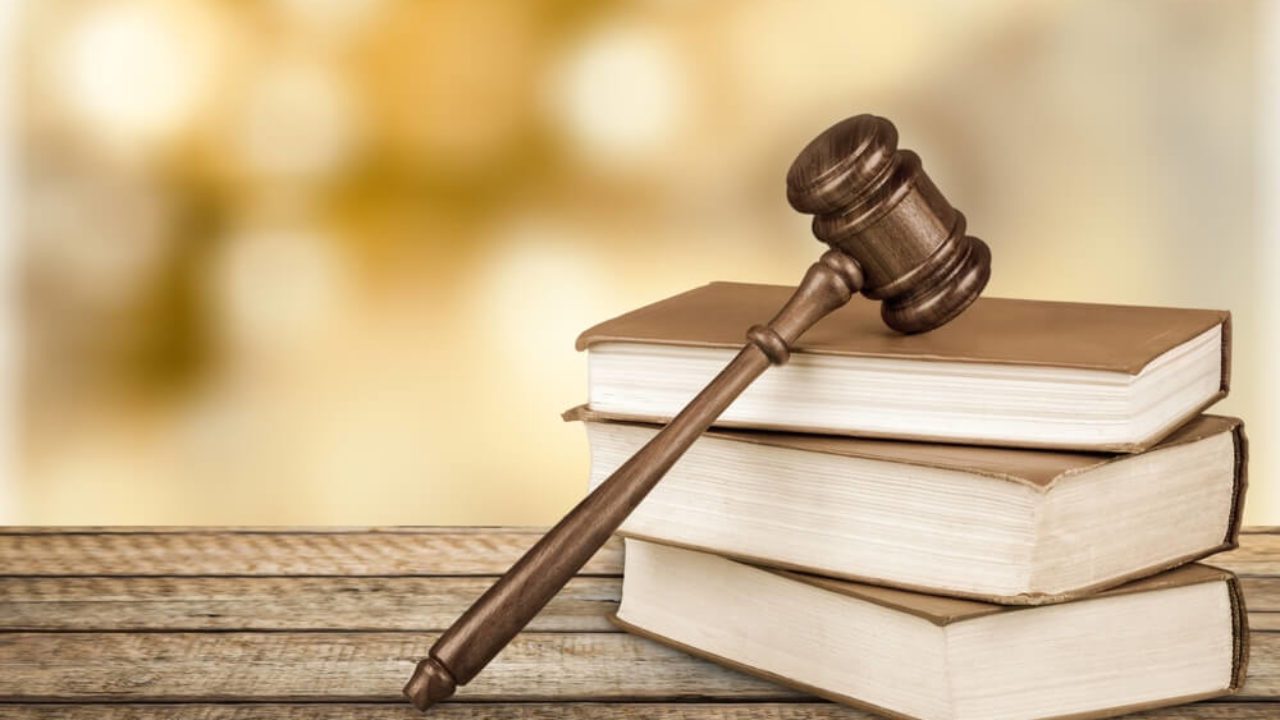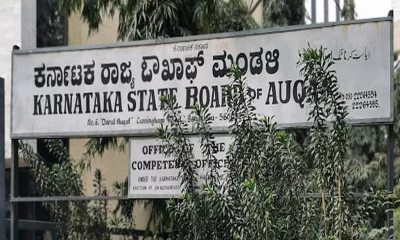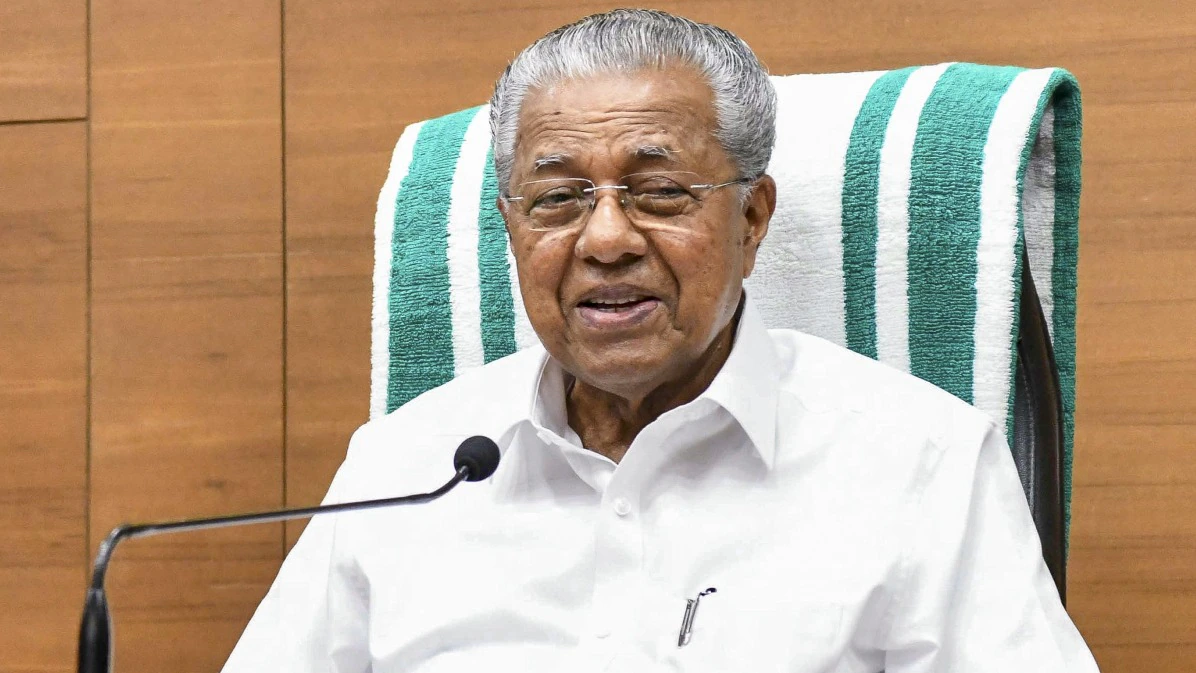Priyal Singh, Mumbai Uncensored, 9th March, 2023:
In the area of criminal law, an important legal precedent was established through the case of State of Jharkhand v. Shailendra Kumar Rai. This case examines the legal concept of double jeopardy as well as the rights of an accused person to a trial that is conducted fairly. In the following paragraphs, we will talk about the facts of the case, the legal concerns that were raised, as well as the result that the court came to.
The specifics of the situation
A criminal complaint was lodged against the accused party, Shailendra Kumar Rai, which led to the formation of the legal dispute known as State of Jharkhand v. Shailendra Kumar Rai. The complaint asserted that the accused had committed an offence under section 138 of the Negotiable Instruments Act, 1881 by issuing a check that was dishonoured by the bank. This allegation was made in accordance with the terms of the statute. The accused was eventually put on trial for the crime, during which they were found not guilty by the trial court
An appeal was lodged with the High Court of Jharkhand by the state administration because it was unhappy with the verdict of acquittal. After hearing the appeal, the High Court reversed the lower court’s decision to acquit the defendant and sent the case back to the lower court for a new trial. Following this, the accused individual submitted a writ appeal to the Supreme Court, in which they challenged the judgement made by the High Court.
In this case, the most important question that was brought before the Supreme Court was whether or not the High Court had the authority to overturn the acquittal of the accused and order a new trial. The accused stated that his constitutionally protected fundamental right against being tried twice for the same crime was breached by the decision of the High Court. This right is provided by the Indian Constitution. The accused further contended that his right to a fair trial would be violated if the retrial that was ordered by the High Court was carried out.
On the other hand, the state government contended that the power of the High Court to overturn an acquittal and order a retrial was an inherent part of the High Court’s appellate jurisdiction. In addition to this, the state administration contended that the retrial that was ordered by the High Court was required in order to ensure that justice was served.
The Court’s Opinion and Decision
After listening to the reasons that were presented by both sides, the Supreme Court came to the conclusion that the authority of the High Court to overturn an acquittal and order a new trial was not unrestricted. The court made the observation that the right of an accused person not to be tried twice for the same crime is a fundamental one, and that it would be a violation of this right to retry someone who has already been found not guilty.
The court also made the observation that the High Court’s authority to overturn an acquittal and order a retrial could only be employed in extreme cases according to the precedent set by the court. The court decided that such a scenario could only occur if there was a significant error in the trial, such as a flagrant violation of the principles of natural justice or where the trial court had behaved with bias. This was the reasoning behind the court’s decision.
In this particular instance, the court came to the conclusion that there were no extraordinary circumstances that called for the acquittal to be overturned and a new trial to be ordered.
The decision of the High Court was deemed to be incorrect by the court, which resulted in the order issued by the High Court being overturned. Additionally, the court reinstated the order of acquittal that had been handed down by the lower court.
In conclusion
Shailendra Kumar Rai is an important legal precedent because it underlines the idea of double jeopardy and the right of an accused person to a fair trial. This case was brought about by the State of Jharkhand v. Shailendra Kumar Rai. The verdict that was handed down in this case serves as a timely reminder that the ability of the Supreme Court to overturn an acquittal and order a retrial is not unrestricted; rather, it is a discretionary authority that can only be used in extraordinary situations. Even in the face of persuasive arguments presented by the state, the case demonstrates how important it is to defend the fundamental rights of citizens.





 Health3 weeks ago
Health3 weeks ago


 Special Editions2 months ago
Special Editions2 months ago


 Special Editions1 day ago
Special Editions1 day ago


 Special Editions22 hours ago
Special Editions22 hours ago


 Special Editions1 day ago
Special Editions1 day ago













